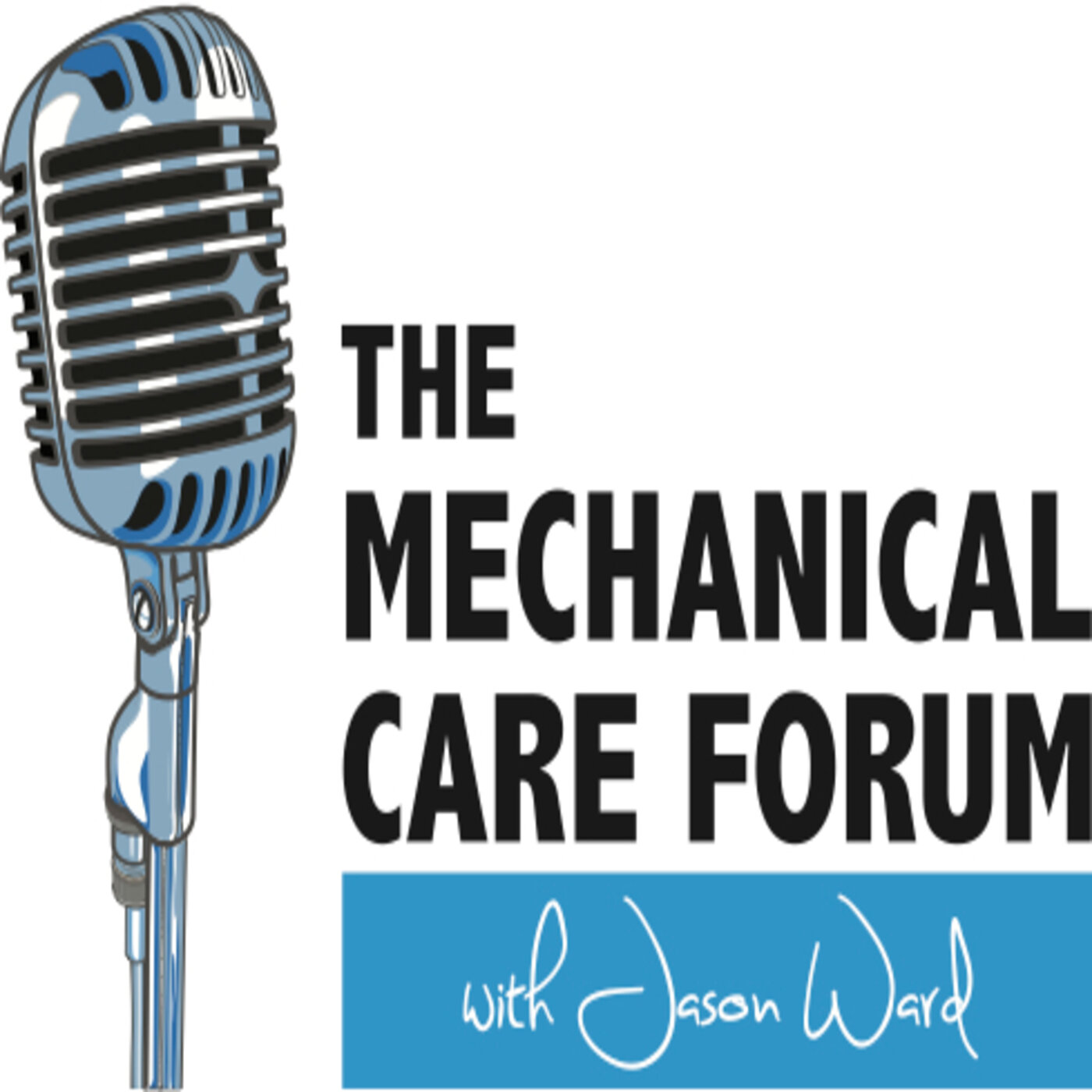Jason Ward MPT, Cert MDT
Show Notes
The question of superior service
Jason and Boyd discuss the difficulty of demonstrating the superiority of MDT to payers and referral sources even with substantial evidence. Jason notes that the lowest performing clinician said to be “performing” a technique is often the clinician on whom the effectiveness of the treatment is judged. He calls for the continued improvement of these clinicians so as not to dilute the effectiveness of MDT.
A sinking ship
Boyd expands on the nature of the current healthcare system and its focus on providing services based on financial and political influence, rather than research and outcomes. He discusses the frustration of trying to find solutions to complex problems within our healthcare system, and the increasing evidence that a paradigm shift may be beneficial from a financial and ethical standpoint. Jason references Albert Einstein, as well as author Clayton Christenson’s The Innovator’s Prescription, and the notion that looking outside the healthcare system may provide better options.
Relevant Quotes
“You cannot help men permanently by doing for them what they can, and should, do for themselves.” -Abe Lincoln
“We cannot solve our problems with the same thinking we used when we created them.” -Albert Einstein
Memorable Patient Encounters
Jason shares the story of Betty, a patient with an lumbar anterior derangement, who reminded Jason of the importance of simplicity and the amazing possibilities that self-care provides.
Next up is Pam, a patient an elbow derangement who underwent surgery and relied on anti-inflammatories to manage her symptoms. With the use of repeated extension, and the encouragement and education of Jason, she was able to abolish her symptoms. Some time later, she was able to apply MDT philosophies to her own ankle with good results because she remembered Jason’s advice to “move into the pain.”
Jason’s Favorite Analogies
“The Bowling Ball”- Georg Supp: an analogy relating the weight of the protruded head on the neck to the stress of a bowling ball on the wrists if tipped forward.
“The Bank Deposit”-Uffe Lindstrom: doing the reductive exercise is like depositing money into the bank, while moving into the provocative position is a withdrawal.
Jason’s own analogy involves a car mechanic’s assessment of an automobile issue, and targets patients who question why a clinician doesn’t want to see their imaging studies.
“You don’t go to a mechanic and open up the hood of your car and say, ‘Tell me what’s wrong and what my prognosis is.’ They may have some idea what’s wrong by looking; but if it’s not obvious, or if there isgeneral oil or dirt caked on the engine block that isn’t necessarily the problem. They may have to turn on the ignition and rev it up and put it in gear and accelerate and decelerate to learn what the problem is. Our moving you around is like the test drive or tinkering with that vehicle.”
Jason’s Motivations and Experience since starting MCF
Jason explains that the experiences he has had speaking to such prominent names in the field of Musculoskeletal care such as Karim Khan, Mark Werneke, Mark Laslett, Grant Watson and others have led him to a number of realizations, but most significant the importance of patience and trust in the judgement and decision making process. He notes that surrounding himself with like-minded colleagues has been very rewarding.
Jason’s evolution
Jason states that the combination of his faith and his connections have helped him to make good decisions and bring him to where he is now. The wisdom from his guests has helped hone his skills as an active listener and observer, and once again provides advice to “listen to your patient.”
Resources
ResearchGate : an excellent research resource for those without access to a university library.
MailChimp : an automated email service to help build a reputation as a clinical leader in the community and stay connected with your patients.
Relevant Research
Centralization phenomenon as a prognostic factor for chronic low back pain and disability. Werneke et. al. Spine. 2001 Apr 1;26(7):758-64; discussion 765.
Acute Back Syndrome—A Study from General Practice. Dillane et. al. Br Med J. 1966 Jul 9; 2(5505): 82–84.
Cervical Diskography: A Contribution to the Etiology and Mechanism of Neck, Shoulder and Arm PainCloward. Ann Surg. 1959 Dec; 150(6): 1052–1064.
Clinical management and the duration of disability for work-related low back pain.
Mahmud et al. J Occup Environ Med. 2000 Dec;42(12):1178-87.
Jason’s Tips for Success and personal habits
Work ethic
Acceptance that I am part of something greater than myself
Plugging away and getting direction as it comes to me
Parting advice
Jason recognizes focus, consistency, and perseverance as major components to success, but also identifies the importance of self awareness and understanding limitations. He suggests we recognize that uncomfortable situations often precede exciting opportunities, and advises that we not shy away from those uncomfortable situations.
Jason’s hopes for the MCF and Case Conversations
Jason humbly notes his hope that the MCF and Case Conversations offer a resource and assistance to help people to hone their expertise. He also references his current mission work in Peru and a potential similar opportunity in Arizona in the future. He invites listeners and MDT clinicians to continue to reach out and make suggestions on ways to improve this forum and expand outreach opportunities.
We hope to deliver this content to the committed professional who wants to improve his/her care and we hope to do it in a way that is easily accessible, the world over, in today's technological age.
To contribute:
Give a 5-star review on iTunes;
Share EP #101 with a friend; and/or
Connect with us on the Spotify MCF Podcast and MCF Instagram page!
Thanks for your support!

